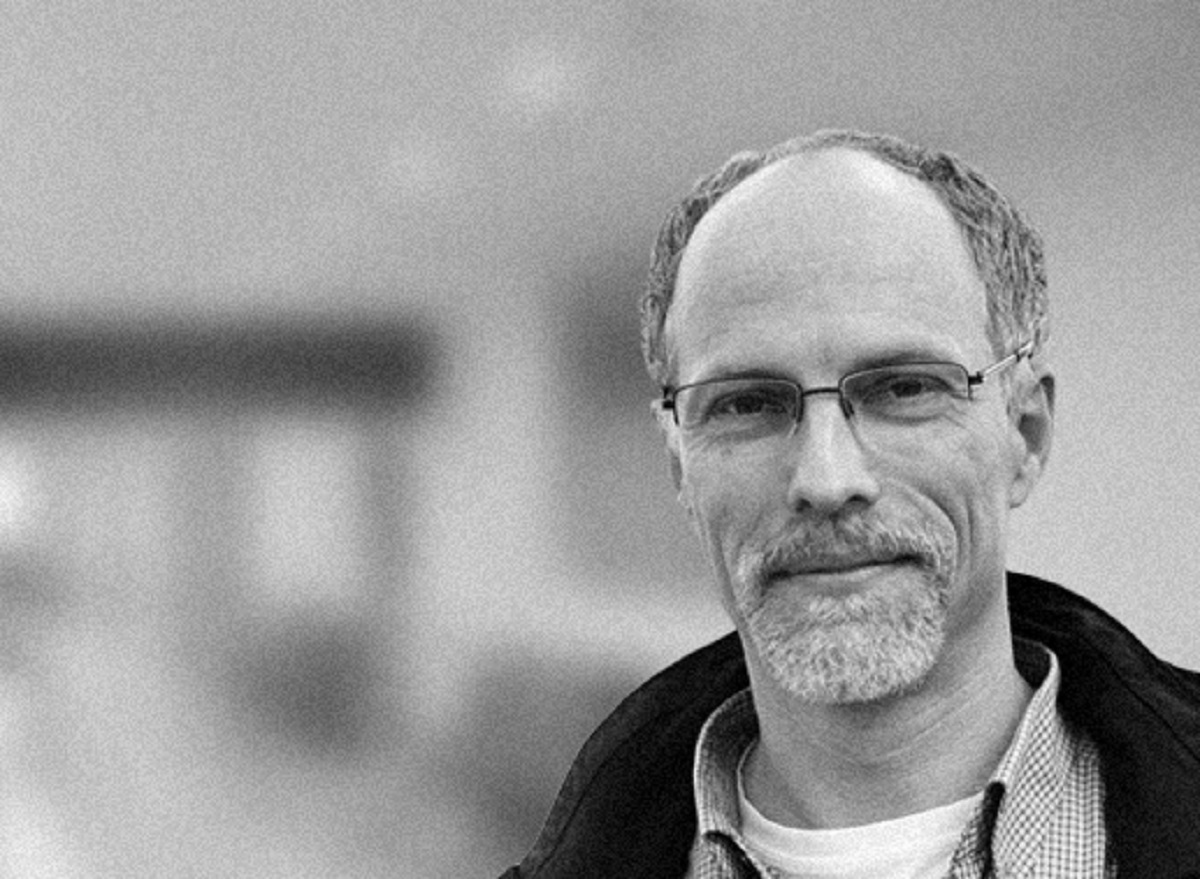
Adjunct Professor Cornelius Holtorf has been awarded the world’s first UNESCO Chair in Archaeology with a specialisation in Heritage Futures.
While most archaeologists work to preserve cultural heritage and historical information in the present, Professor Holtorf focuses on the future instead.
Professor Holtorf says being awarded a professorship by UNESCO is an honour and a confirmation that his area of research is important and relevant.
“Within the global cultural heritage sector, great emphasis is put on saving cultural heritage from destruction. I am of the opinion that we must broaden this perspective and create a different type of understanding.
“We must ask ourselves questions like, ‘why are these historical objects to be preserved for the future?’ and ‘of what exact use will they be to the people of the future?’” Professor Holtorf says.
Currently situated at Linnaeus University in Sweden, Professor Holtorf and his colleagues have been developing new areas of use for archaeology.
The area of nuclear waste is one such topic, particularly how current society will inform future generations about where dangerous radioactive waste is being buried.
In late September 2017 Professor Holtorf will participate in a UNESCO conference where researchers and experts from around the world will discuss the possibility of rebuilding two Buddha statues which were destroyed by the Taliban in Afghanistan in 2001.
“My contribution to the conference will be to highlight the fact that there are other options than reconstruction.
“What should be the focus is the meaning and utility for future generations.
“Destroyed monuments can also contribute to the transmission of memory,” Professor Holtorf says.
UNESCO Chairs were first introduced by UNESCO in 1992.
Their aim is to promote international cooperation between universities and facilitate networking in priority UNESCO areas.
There are currently 700 UNESCO Chairs globally.

